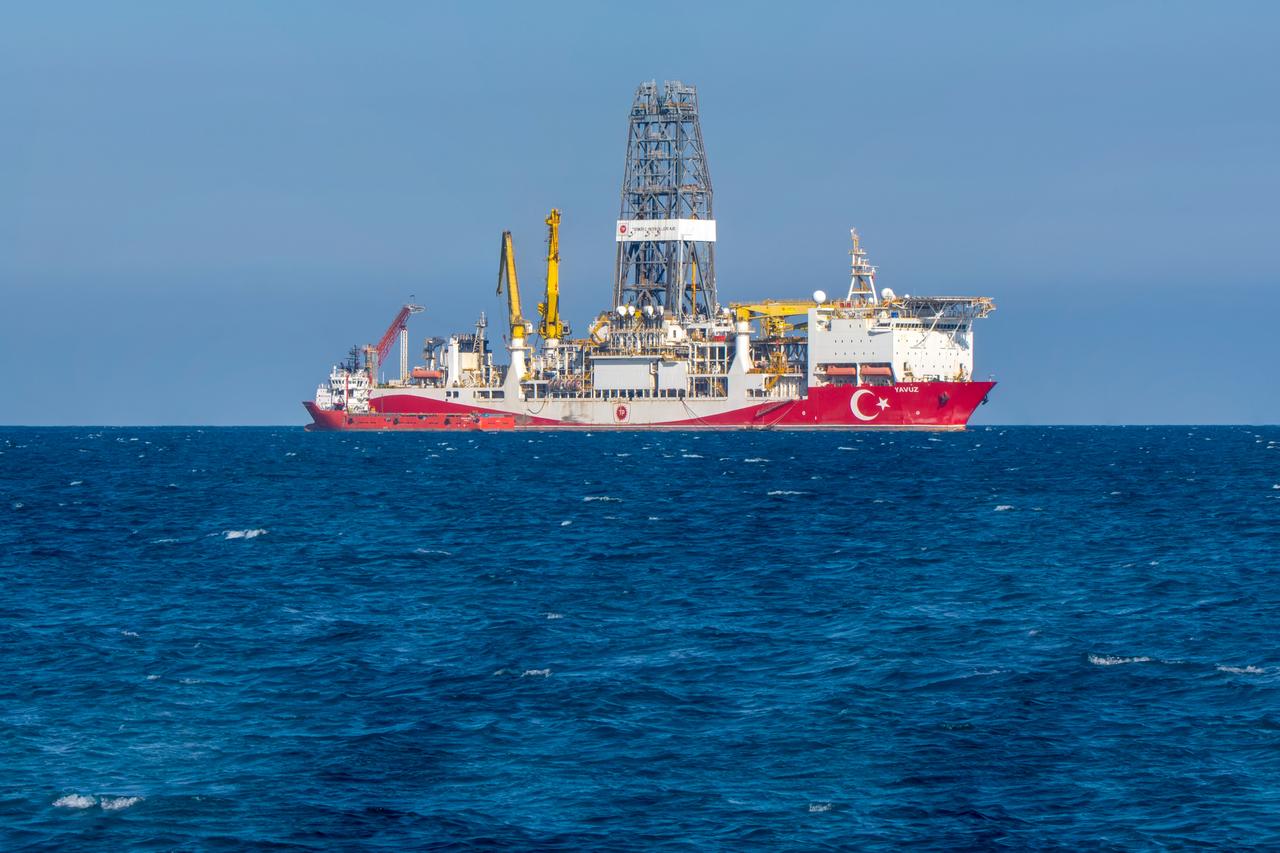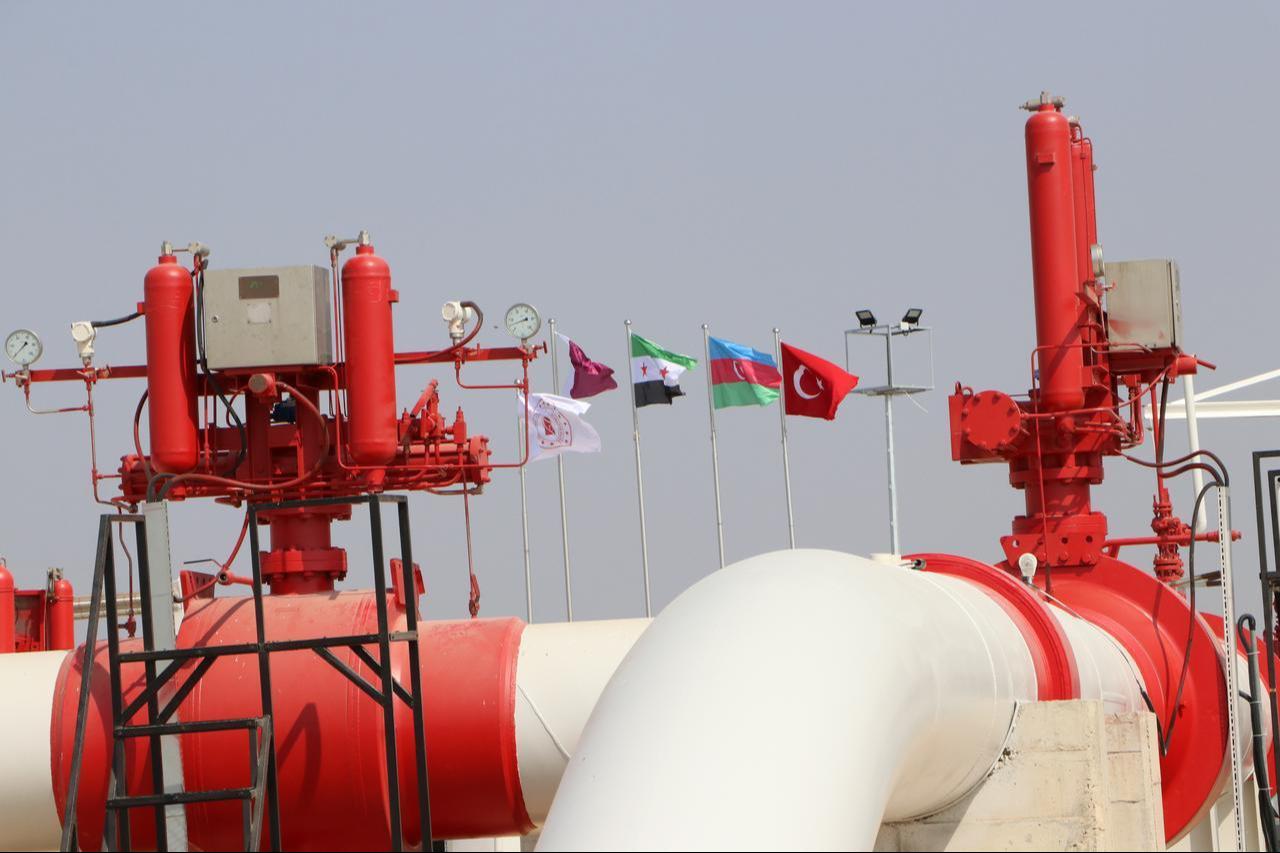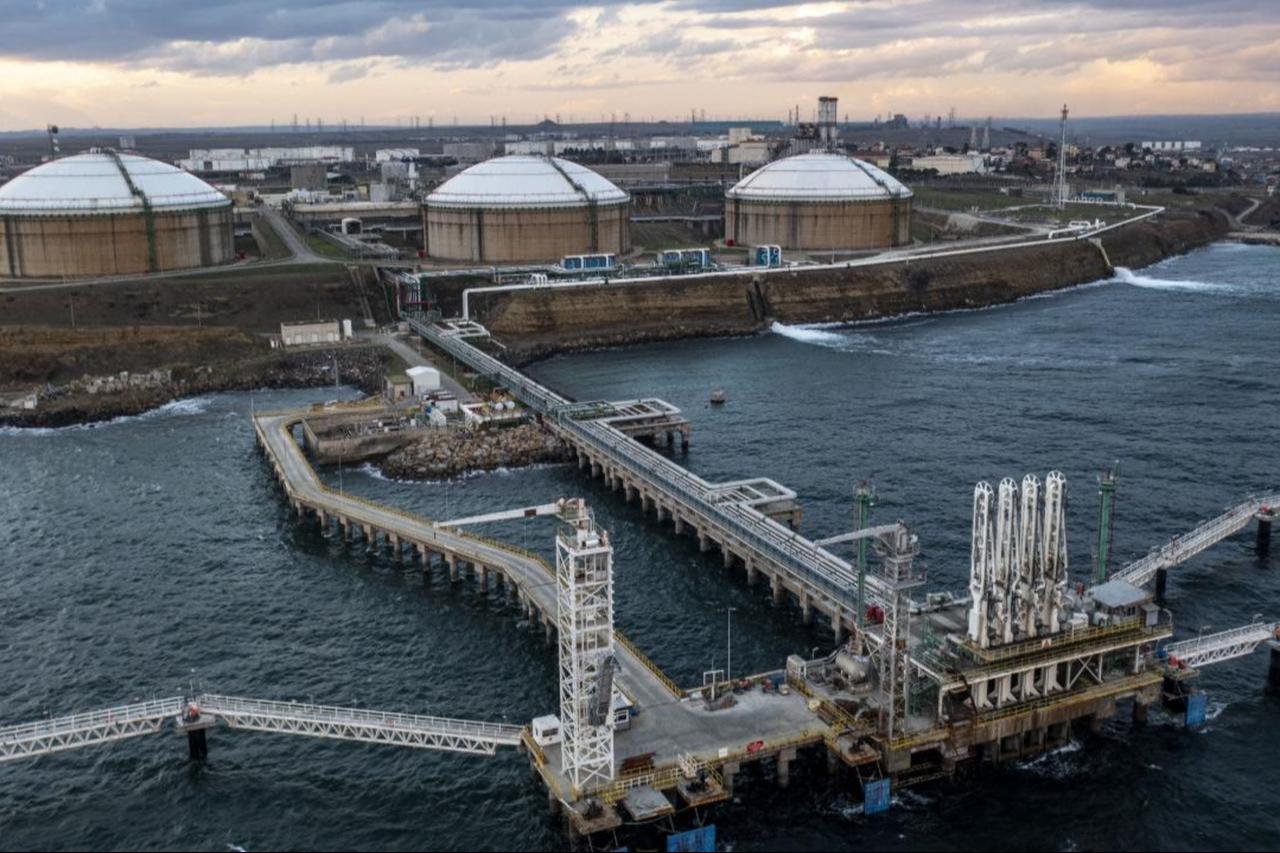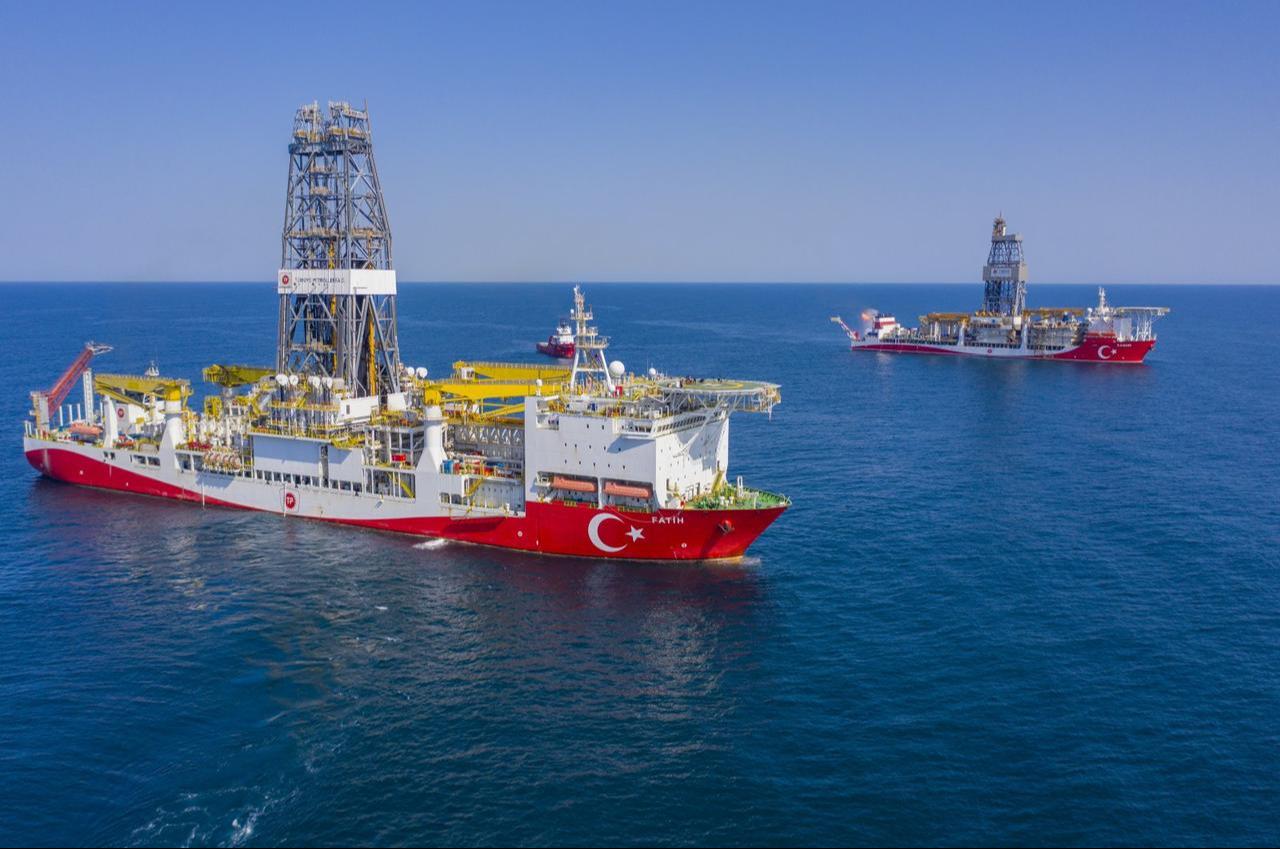
Türkiye has signed liquefied natural gas (LNG) agreements totaling approximately 15 billion cubic meters with multiple international suppliers at the Gastech 2025 Forum in Milan, advancing its transition from energy importer to regional exporter, as experts say the deals will bolster both energy security and hub aspirations.
Energy and Natural Resources Minister Alparslan Bayraktar oversaw the agreements between state pipeline company BOTAS and various firms, with deliveries set to begin during the critical winter months when demand peaks.
Under the three-year agreements, BOTAS will procure 4.8 billion cubic meters from BP, 1.5 billion from ENI, 2.4 billion from Shell, 1.8 billion from SEFE, and 1.5 billion from Equinor.
Additional deals include 600 million cubic meters from Hartree over two years, 1.2 billion from U.S. LNG producer Cheniere, and 600 million from Japan's leading energy company JERA.
The agreements follow Türkiye's recent natural gas export initiatives, which began with European markets and now extend to Syria, while diversifying its LNG supply portfolio.

OAPEC Global Gas Markets Expert Wael Hamed Abdel Moati told state-run Anadolu Agency (AA) on Saturday that the deals represent more than 30% of Türkiye's total gas demand, based on 2024's combined domestic production and imports of 54 billion cubic meters.
"Türkiye, by securing these volumes, can meet peak domestic demand periods while gaining flexibility to strengthen export commitments to Bulgaria, Romania, and Hungary and prepare for new markets like Iraq," Moati said.
He noted that LNG currently accounts for approximately one-quarter of Türkiye's total gas needs, with U.S. LNG comprising about 43% of total LNG imports, highlighting American LNG's importance in covering seasonal fluctuations and market gaps.
"The shift from spot purchases to medium-term contracts gives Ankara the same flexibility but under more predictable terms for LNG," Moati assessed.
Moati identified three strategic advantages from the agreements:

Erste Investment Oil and Gas Analyst Tamas Pletser highlighted rapidly expanding U.S. LNG production capacity, noting projects like Plaquemines, Canada LNG and Golden Gate 3 are progressing quickly.
"There's quite a lot of capacity available for sale. LNG prices are currently quite attractive," Pletser said, adding that U.S. LNG provides Türkiye with a price advantage for both domestic consumption and re-export.
"I believe Türkiye will have more gas to sell to the EU. There's spare capacity on existing lines through Bulgaria and Romania. Central Europe's demand could increase, especially if the U.S. and European Union force Hungary and Slovakia to quickly disconnect from Russian gas. Listening to politicians' views, this scenario seems more likely," Pletser stated.
He noted Türkiye's increasing domestic gas production from the Sakarya Gas Field in the Black Sea, alongside the potential transit of Russian, Iranian and Turkmen gas through Türkiye to buyers.
"Türkiye could play an important hub role for Middle Eastern gas," Pletser said.

Türkiye has signed LNG agreements totaling 100 billion cubic meters over the past three years to strengthen supply security through source diversification while accelerating export-focused operations.
BOTAS signed an LNG supply agreement with Oman in January 2023 for approximately 1.4 billion cubic meters annually from 2025 to 2035.
In May 2024, BOTAS reached a memorandum with ExxonMobil for up to 3.45 billion cubic meters annually.
The company also signed 10-year LNG agreements in 2024 with Shell for 4 billion cubic meters annually and TotalEnergies for 1.6 billion cubic meters annually, with deliveries starting in 2027.
These supplies will primarily be loaded from U.S. production terminals, with some delivered to Türkiye or European terminals based on BOTAS demand.